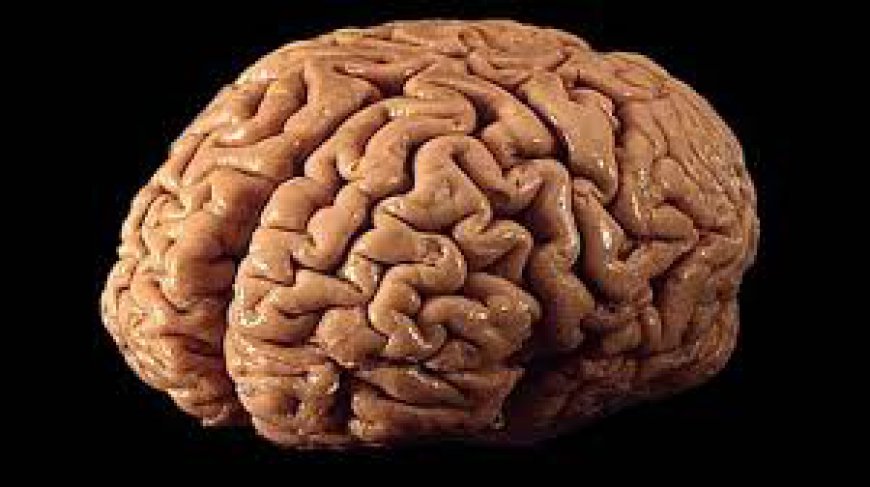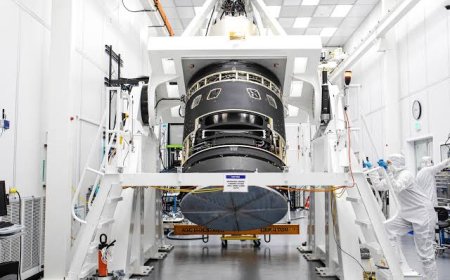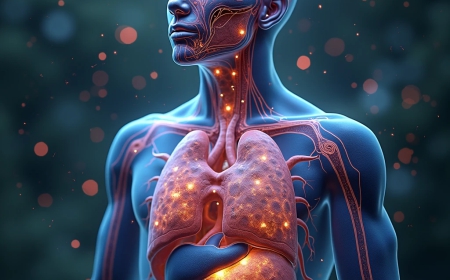What's so special about the human brain?
The human brain, often regarded as the most complex organ in the body, plays a pivotal role in shaping our thoughts, actions, and identities. Its intricate structure and capabilities set it apart from those of other species, making it a subject of fascination for scientists and researchers alike. Understanding what makes the human brain special not only sheds light on our cognitive functions but also on our evolutionary journey.

Anatomy of the Human Brain:
The human brain is relatively large compared to body size, with an average weight of about 3 pounds. It is composed of approximately 86 billion neurons, interconnected through trillions of synapses. This intricate network facilitates a myriad of functions, from basic survival instincts to complex reasoning.
When compared to other species, the human brain exhibits unique features, particularly in the cerebral cortex, which is responsible for higher-order brain functions. This part of the brain is more developed in humans than in any other species, allowing for advanced cognitive abilities.
Cognitive Abilities:
One of the defining characteristics of the human brain is its unparalleled cognitive abilities. Humans have the capacity for abstract thought, enabling us to create art, develop languages, and solve complex problems. The ability to communicate through language is a hallmark of human intelligence, distinguishing us from other animals.
Creativity, often considered a uniquely human trait, allows for innovation and cultural development. The human brain's capacity for divergent thinking enables us to approach problems from multiple angles, leading to novel solutions and ideas.
Neuroplasticity:
Neuroplasticity refers to the brain's ability to reorganize itself by forming new neural connections throughout life. This phenomenon is crucial for learning and adaptation, as it allows the brain to adjust to new experiences and environments. For example, studies have shown that musicians exhibit structural differences in their brains compared to non-musicians, highlighting the impact of training and experience on brain development.
Emotional and Social Intelligence:
The human brain is also central to our emotional and social lives. Regions such as the amygdala and prefrontal cortex play significant roles in regulating emotions and making social decisions. This emotional intelligence enables humans to navigate complex social landscapes, fostering relationships and cooperation within communities.
Evolutionary Perspective:
From an evolutionary standpoint, the human brain represents a significant leap in complexity and capability. The development of a larger and more sophisticated brain has been essential for survival and adaptation in changing environments. Researchers refer to the human brain as the "crowning achievement" of evolution, underscoring its role in shaping our species' success.
Technological and Medical Advances:
Recent advancements in neuroscience have provided deeper insights into the workings of the human brain. Technologies such as functional MRI (fMRI) and electrophysiological recordings have allowed researchers to observe brain activity in real time. These tools have revolutionized our understanding of brain function and opened new avenues for treating neurological disorders.
Conclusion:
In summary, the human brain is a remarkable organ that sets us apart from other species. Its complexity, cognitive abilities, and capacity for adaptation highlight its unique role in our lives. As research continues to evolve, our understanding of the brain will deepen, potentially leading to groundbreaking discoveries that can further enhance our knowledge of what makes us human.













































